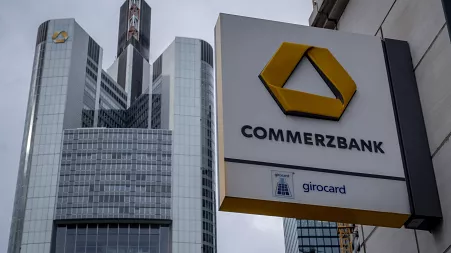
Next chief executive Lord Wolfson has sold a £29m stake in the high street giant ahead of an anticipated capital gains tax (CGT) raid in the Budget next month.
Lord Wolfson, a Conservative peer, sold 290,000 shares in Next between last Friday and Tuesday of this week, with the shares worth a total of £29.2m, according to new filings.
Prior to the sale, he held around 1.4m shares worth around £141m, equal to a 1.2pc stake.
Next declined to comment on the disposal. Shares fell by around 2pc following the announcement.
It comes as Rachel Reeves is expected to target capital gains tax in her maiden Budget next month, potentially even equalising it with income tax where higher earners pay 40pc or 45pc.
Higher-rate taxpayers are charged 24pc on profits made from the sale of second properties and 20pc for other assets. Basic-rate taxpayers pay 18pc and 10pc respectively.
The Chancellor has so far refused to rule out capital gains reforms in the Budget on Oct 30.
It has prompted investors to sell while rates are still relatively generous, according to experts.
Duncan Mitchell-Innes, of law firm TWM Solicitors, said: “With many people expecting a rise in capital gains tax, there has been a surge in sales of assets in recent weeks.”
HM Revenue & Customs benefited from record CGT receipts in August as swathes of landlords and investors sold up, according to figures published last week.
In total, £197m of CGT was paid last month, the highest level for August since at least 2008.
The share sale by Lord Wolfson marks the third time he has done so to bring his holding down to around £100m worth of shares.
It follows a share price rally at Next with its stock surging by 123pc since October 2022.
Next’s share price has been boosted by a string of upgrades to its profit forecasts, as the retailer has fared better than rivals during the cost of living crisis.
Earlier this month, Next said it was expecting full-year profits to come in £15m higher than its previous forecasts. Pre-tax profits are set to come in just under £1bn, it suggested, buoyed by stronger sales overseas.
Next said the rise followed a “convergence” of international fashion tastes, with more people watching streaming services such as Netflix, Amazon Prime and TikTok. It said this was encouraging customers to try clothes that were popular in other countries.
Disclaimer: The copyright of this article belongs to the original author. Reposting this article is solely for the purpose of information dissemination and does not constitute any investment advice. If there is any infringement, please contact us immediately. We will make corrections or deletions as necessary. Thank you.



